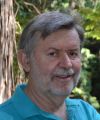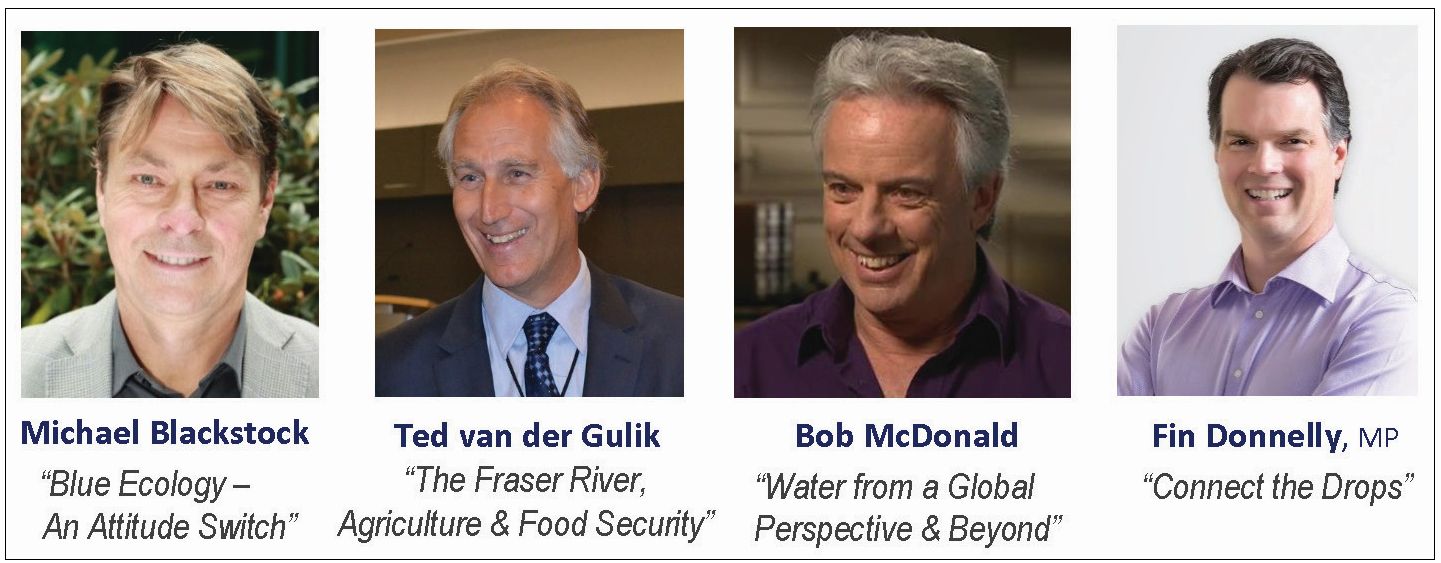BLUE ECOLOGY WORKSHOP: Transformational program for raising awareness of Michael Blackstock’s vision for interweaving of Indigenous and Western thought is sponsored by Metro Vancouver Regional District, governments of Canada and British Columbia, and the Real Estate Foundation of BC

A Call to Action
The Blue Ecology Workshop is co-hosted by the Partnership for Water Sustainability in British Columbia and the Irrigation Industry Association of BC.
 “Founded on a water-first approach to setting priorities, Blue Ecology is an ecological philosophy that looks at the water cycle differently to interweave First Nations and Western thought. It is is a message of hope,” explains Kim Stephens, Partnership Executive Director.
“Founded on a water-first approach to setting priorities, Blue Ecology is an ecological philosophy that looks at the water cycle differently to interweave First Nations and Western thought. It is is a message of hope,” explains Kim Stephens, Partnership Executive Director.
“Interweaving is a collaborative process where apparently contradictory ways of knowing water, such as Western Science and Indigenous Knowledge, are brought together as coexisting threads to produce a new cooperative theory called Blue Ecology. Developed by Michael Blackstock, Blue Ecology is recognized by UNESCO.”
To Learn More:
Download “Blue Ecology – interweaving First Nations cultural knowledge and Western science” for a program preview.

The four featured presenters on the Blue Ecology Workshop team
It is time for an attitude switch!
“The flood, drought and fire extremes of 2017 provide both the backdrop and a focus for the Blue Ecology Workshop, continues Kim Stephens. “Designed to be a conversation starter, the workshop will have a town-hall format to create a ‘sharing & learning’ atmosphere for interaction between the audience and the presentation team.
“Michael Blackstock will be joined by two ‘water champions’ who have achieved national prominence – Member of Parliament Fin Donnelly, who has twice swum the length of the Fraser; and the CBC’s Bob McDonald, host of Quirks & Quarks – along with a supporting cast from the Partnership for Water Sustainability.
“To adapt to a changing and unstable climate, a new culture of water is necessary. The process for adapting to a changing climate starts with an attitude change. But actually adapting requires transformational changes in how we apply hydrologic understanding, value nature, and service land – this is a unifying theme for the workshop.


